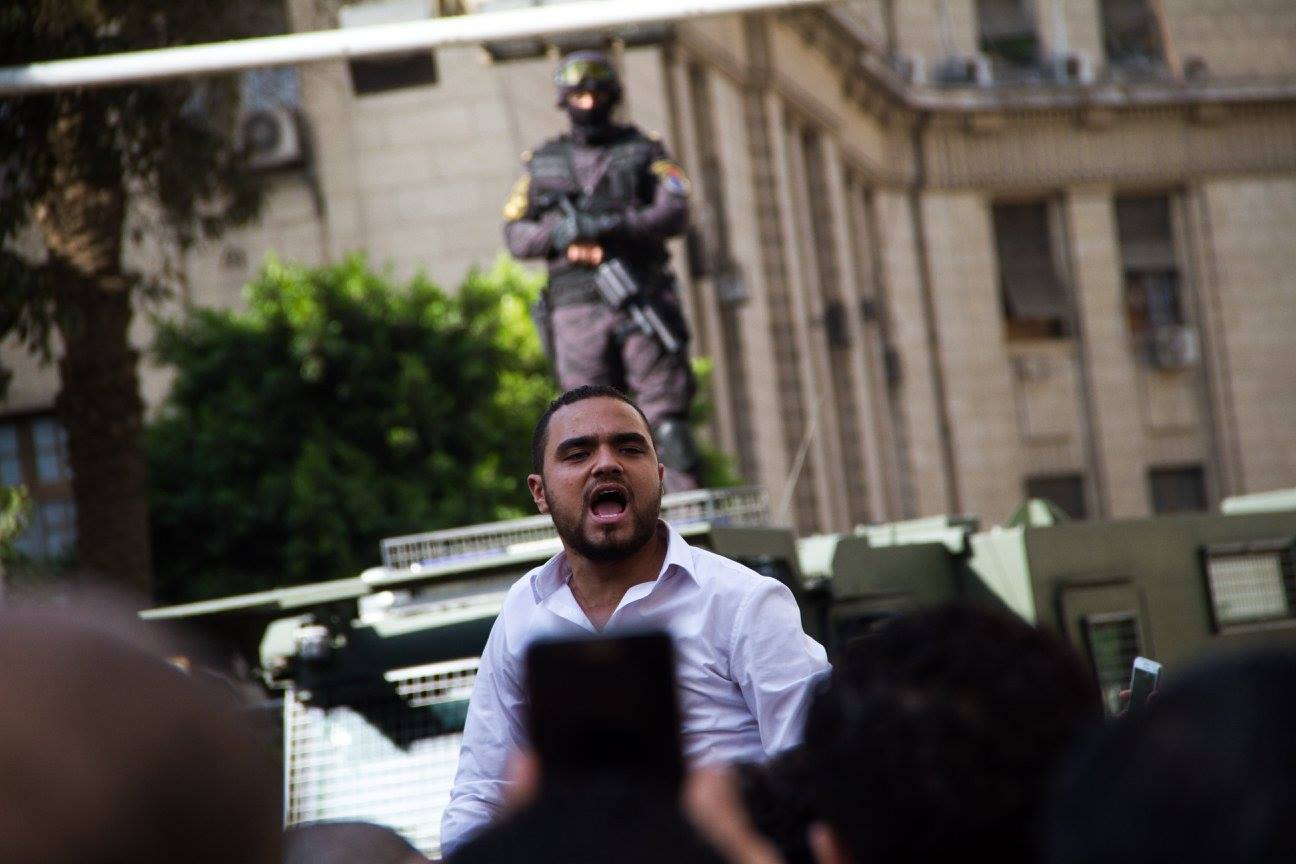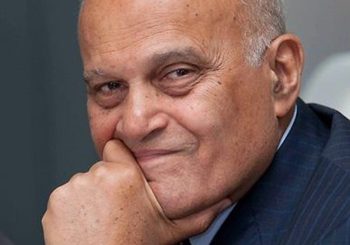On Friday, several thousand Egyptians gathered in Cairo, Alexandria and other major cities to demonstrate Egypt’s recent decision to declare two Red Sea islands as Saudi Arabian.
Across the country and the world, the protesters were hailed by some for their courage and for “keeping the revolution alive”.
However, commentators, analysts, and the protesters themselves have failed to realize the fact that this level of anger only came after a decision that actually had significant merit.
While many have argued passionately that the islands should remain Egyptian, it is difficult to deny the wealth of evidence supporting the Egyptian government’s claims that the islands have historically belonged to Saudi Arabia.
Instead, #Land_Friday trended worldwide and protesters were hailed for campaigning for what appears to be a legally debatable cause.
Demonstrators have been silent to the many vital problems across Egypt that have impacted the lives of millions. Television shows, parliamentary members, and even political leaders who have been silent for years, suddenly came out of the dark to express their outrage at this decision, yet have provided a muted response to many other real, life-changing issues.
There have been no demonstrations against the quality of Egypt’s educational system, which is continuously ranked among the worst in the world for primary education. Schools continue to lack proper infrastructure, with some even lacking enough desks and chairs for students. Meanwhile, child labor prevails as more than 8.8 million children have never attended primary school.
For health care, while Egyptians passionately took to social media to demonstrate “horrendous” health care conditions across Egypt’s hospitals, little progress has been made since the #So_That_He_Won’t_Be_Surprised_If_He_Visits campaign, despite reports that billions have been allocated for upgrades. It was only when a doctor was beaten by several policemen that Egypt’s doctors united to demonstrate.
There has been little to no progress towards empowering women and tackling sexual harassment, which plagues 99.3 percent of women in the country. Women make up just 23 percent of the country’s work force and remain underrepresented in government and parliament, despite promises for change.
Egyptians remained silent when a doctor, who was supposedly jailed and fined for conducting female genital mutilation that killed a young girl, was in fact still openly operating on other girls with no repercussions. More than 27 million women are victims of female genital mutilation, yet thousands have not campaigned on the streets for stricter laws or for change.
Despite rising prices on basic commodities, no one is talking about the struggles Egypt’s poor encounter on a daily basis while attempting to simply feed their families. With half of all young Egyptians living in poverty, their hope was the January 25 revolution. However, the calls for “bread”, which were echoed by millions across Egypt in 2011, have been drowned out. Instead, we have news articles and greater concern about privileged middle-class Egyptians complaining about not yet being able to buy their Mercedes Benz.
The country’s roads continue to steal thousands of lives, yet road officials are adamant that bad road infrastructure results in more careful driving – and no one protested otherwise.
Egypt, with its Pyramids and two-thirds of the world’s monuments, is unable to provide a decent tourism experience for foreigners once they actually decide to ignore travel risks and come to the country. Tourists continue to face significant and despicable harassment at ancient antiquities sites, which are poorly maintained and run, yet Egyptians are happily tweeting #ThisIsEgypt while ignoring the realities that are around them.
Even worse, while the 2011 and 2013 protests that ousted two leaders were meant to finally unite the Egyptian people, the divisions are once again brewing between the people and the police. In particular, low ranking policemen, who until today do not have to undergo the same training and study as police officers, continue to be accused of sexual harassment, assault, and even killings. Yet, five years after the revolution that kicked off on Police Day in 2011, there have been no calls for reform of the Ministry of Interior or of policing practice to ensure compatibility with human rights and with the values Egyptians demonstrated for in 2011.
It should not have taken two uninhabited islands, whether the cause is legitimate or not, to push Egyptians to protest or to express outrage across the media. Egyptians should have filled Tahrir Square with chants for solutions to high illiteracy, the deteriorating public health network, and the continued abuse of women in society. Campaigns should have kicked off on television and educational institutions to educate the public about the values of human rights and the law. Egyptians should be calling for real debates and laws to be passed in parliament that will actually change the lives of millions.
Egypt should have become a beacon for change and enlightenment across the Middle East. Instead, we’ve only managed to unite for all the wrong reasons while ignoring and fighting over those with true merit and value.







Comments (0)